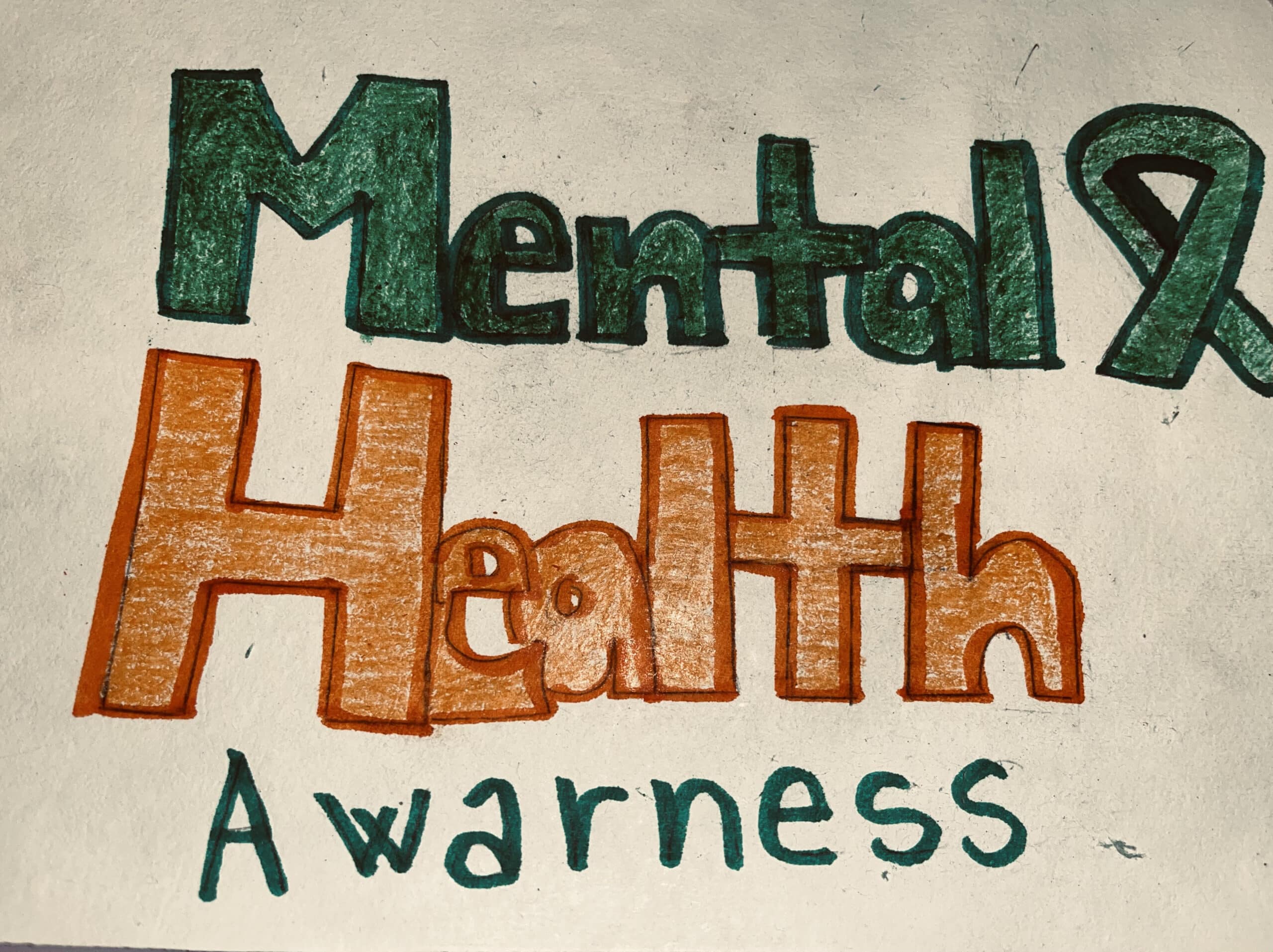04/25/2023
Mental Health Links to Homelessness

By: Andria D., Team WIN member
Everyday millions of Americans suffer from mental health challenges or have mental health conditions which affect their daily lives. A 2017 National Survey on Drug Use and Health says that nearly 1 in 5 American adults will have a diagnosable mental health condition in any given year. Homelessness affects the mind and body and is one of many factors that lead to mental illness. I know that homelessness was a leading cause of the mental health challenges I experienced a few years ago.
How Homelessness and Resource Insecurity Affect Mental Health
Mental health challenges can be caused by many factors including negative life experiences, high stress family backgrounds, and even lack of sleep. Growing up highly stressful environments such as those defined by homelessness, poverty and resource-insecurity, abuse or high crime can negatively affect mental health in children and adults. Research has shown that people who have experienced high stress in their lives may also experience PTSD, anxiety and depression. Other factors which contribute to mental health challenges include social isolation and dealing with discrimination.
Studies have shown that people who have experienced homelessness often suffer from mental illness and there is a relationship between the two. In a 2008 survey by the U.S Conference of Mayors, mental illness was identified as the third leading cause for homelessness. Mental disorders such as depression and bipolar disorders are often seen in those who are experiencing homelessness. Research shows that people dealing with mental health challenges sometimes become homeless because they have a hard time finding or maintaining employment, paying rent or making safe life choices
Having to live in a tent or on the street or even dealing with the uncertainty of couch surfing every night can cause a person to have low self-esteem and feel alone. The trauma and anxiety associated with homelessness may trigger a mental illness such as depression, anxiety, or suicide. Indeed, depression and suicide rates are higher for those who are experiencing homelessness than in the general public. Homelessness was a major cause of my depression.
How Poor Mental Health affects the Health of the Body
Our mental health can affect the way we think and feel. Poor mental health may also contribute to declining physical health. For example, a person experiencing mental health issues may not eat a healthy diet which can lead to obesity. They may not get enough sleep which can lead to insomnia or sleep apnea. Mental illness can also affect blood pressure and stress hormones which can lead to high blood pressure. Depression is one the most common mental health conditions and it affects many who experience
homelessness. The United States Center of Disease Control says depression and anxiety increase the risk of coronary heart disease and heightened blood pressure.
People suffering from mental illness and dealing with a chronic illness tend to have a difficult time surviving. Deaths from cancer, diabetes, and heart disease are higher with people with mental health conditions. People experiencing homelessness often experience difficulty getting food, rest, safe shelter and healthcare- which may contribute to a worsening of the effects that a mental health condition has on their bodies.
My Experience with Homelessness and Mental Health
I struggled with homelessness a few years ago and was living couch to couch. I remember feeling alone and somewhat lost. This had a major effect on my mental health. I wasn’t getting enough rest and I’d be up at all hours of the night sometimes with people I’d barely met because I had nowhere to go. I fell into depression which led to me making some regretful decisions such as indulging in alcohol to ease my pain.
We Need Solutions to Homelessness that include Access to Mental Health Care
That’s why I feel it’s important that we find some solutions to help those suffering from homelessness. When you are struggling with homelessness, yes, you need help finding a safe place to sleep at night. But you also need to have a way to find free mental health resources.
